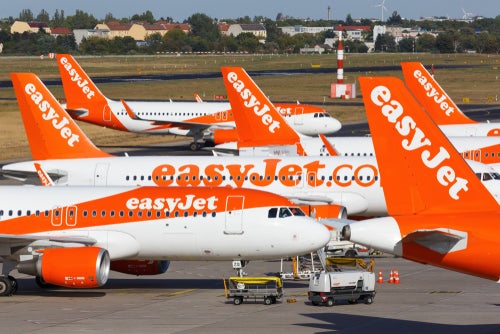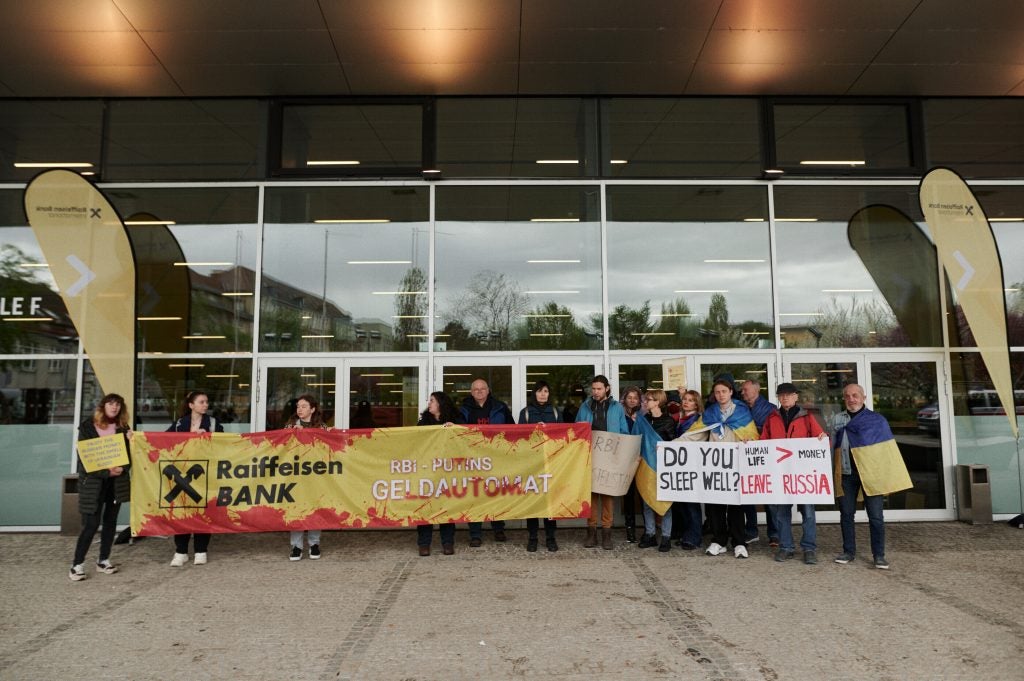
Bank of England support for easyJet may suggest a change of heart by the UK government, especially as news reports quantify losses and signal hardship ahead for the aviation industry, writes Nicholas Wyatt.
-O-
In recent weeks there has been a great deal of discussion about the impact of coronavirus on the airline industry.
This impact has now started to become apparent. Reports of failures are on the rise, airlines are asking for government money and financial results announcements are making the impact quantifiable.
On 14 April, the International Air Transport Association (IATA) revised its impact estimates, stating that Covid-19 related disruption could see passenger revenues fall by $314bn (£255bn) this year, a 55% decrease on 2019’s figures.
On 20 February, the same association estimated the impact would be $29.3bn (£24bn), showing just how much the situation has developed in the last two months.
How well do you really know your competitors?
Access the most comprehensive Company Profiles on the market, powered by GlobalData. Save hours of research. Gain competitive edge.

Thank you!
Your download email will arrive shortly
Not ready to buy yet? Download a free sample
We are confident about the unique quality of our Company Profiles. However, we want you to make the most beneficial decision for your business, so we offer a free sample that you can download by submitting the below form
By GlobalDataThese are projections, but we are now seeing the first concrete signs of the havoc wreaked by Covid-19, as a slew of bad news emanates from airlines in multiple markets.
Virgin Atlantic and Virgin Australia
On 20 April, millionaire Sir Richard Branson wrote an open letter to Virgin Atlantic staff discussing plans to approach the UK government for state aid, with reports even claiming that he is prepared to offer his private luxury Neckar Island as collateral.
This is telling as it supports Branson’s argument that Virgin Atlantic wants a commercial loan, believed to be around £500m ($617m), rather than a handout.
The UK government, which originally adopted a hardline stance on support, has lent easyJet £600m ($740m) via the Covid Corporate Financing Facility (CCFF), issued by HM Treasury and the Bank of England. This act suggests that the UK government has finally seen the light and realized the industry needs help.
News has been less positive for Virgin Australia, which has voluntarily entered administration, making it Australia’s first big corporate casualty of the pandemic.
The move is aimed at securing the airline’s future, one that has been jeopardized by a high level of debt, supporting the theory that the first airlines to fall will be those with underlying issues. The failure to secure a loan from the Australian government has made this move necessary as the airline now seeks new investors.
United Airlines and Delta
20 April signalled something of a milestone as United Airlines became the first major US airline to put a dollar amount on the disruption caused by Covid-19. It did not make for positive reading.
United registered a Q1 pre-tax loss of $2.1bn. Although Q1 is often a weaker period for airlines, this compares to a pre-tax profit of $367m in Q1 2019 – a clear demonstration of COVID-19’s impact.
Worryingly, the virus did not seriously affect the US until March, so the worst may well be yet to come, despite a 17% year-on-year fall in revenue, United confirmed that it is taking $5bn to help cover payroll expenses through to 30 September and that it is applying for a $4.5bn loan on top of that. Taking on additional debt may seem counter-intuitive given the issues pervading the industry, but there is no other choice. A cash injection is necessary to make sure airlines like United live to fight another day.
This situation was mirrored in Delta’s Q1 results announcement. Revenues plunged 18% to $8.6bn and chief executive Ed Bastian said Q2 revenue would likely fall 90% from the same period of 2019. The company’s net loss for the period was $534m and it admitted to burning through $100m of cash per day, a rate it hopes to halve by the end of June.
We have long known that the situation in the airlines’ industry would be bad, we are now understanding for the first time just how bad.
Nicholas Wyatt is head of research and analysis, travel & tourism, at GlobalData Plc








